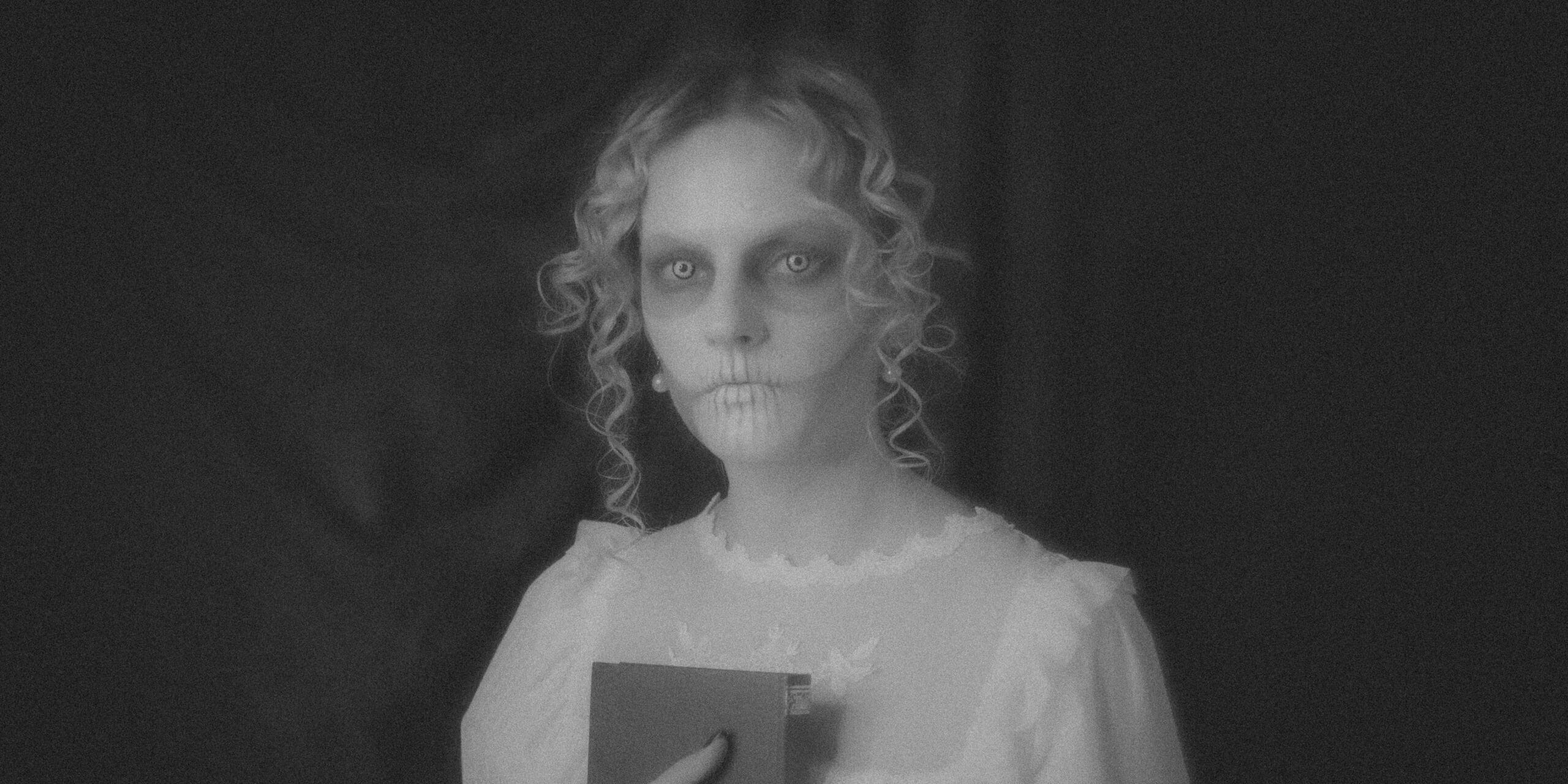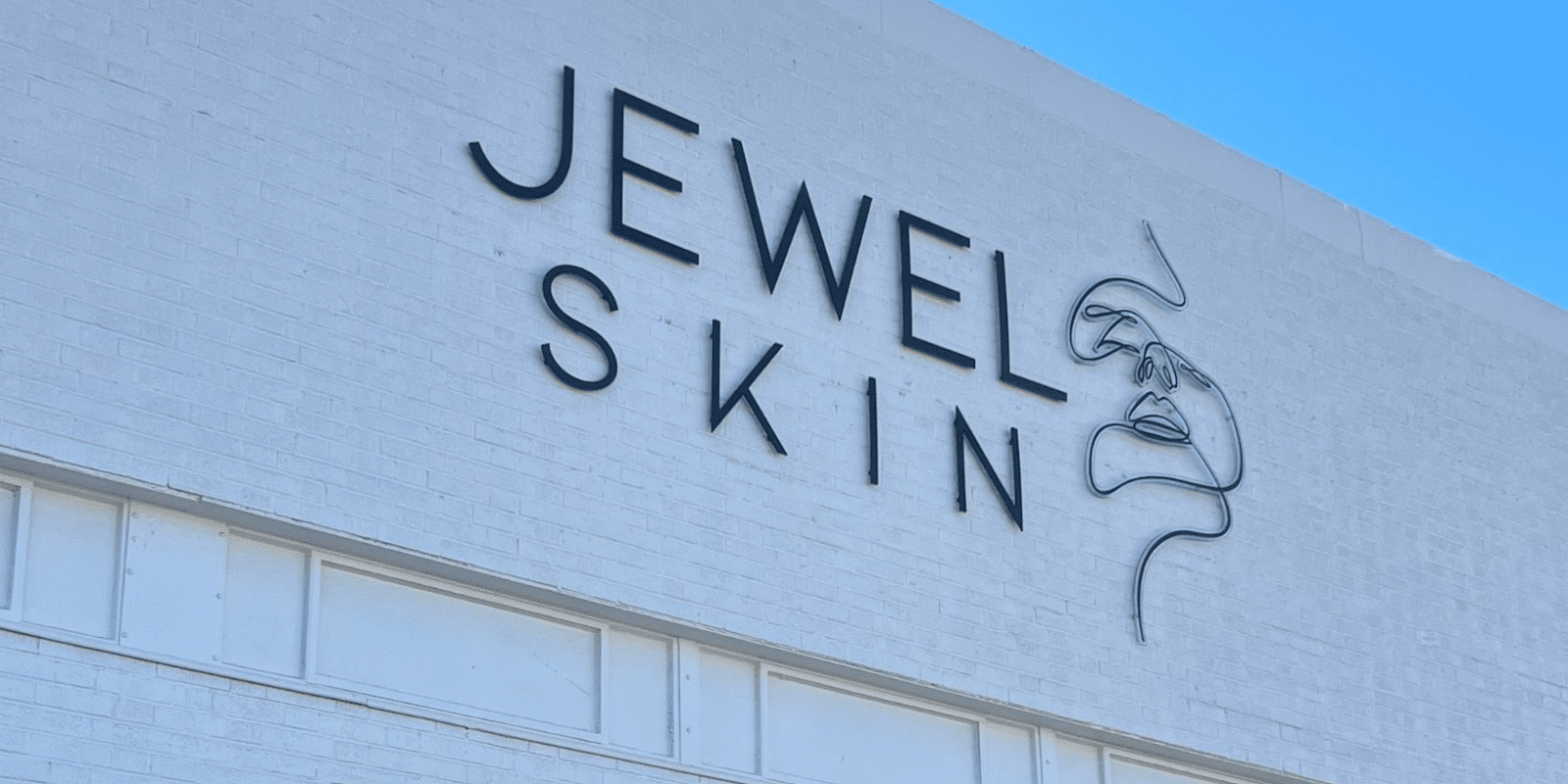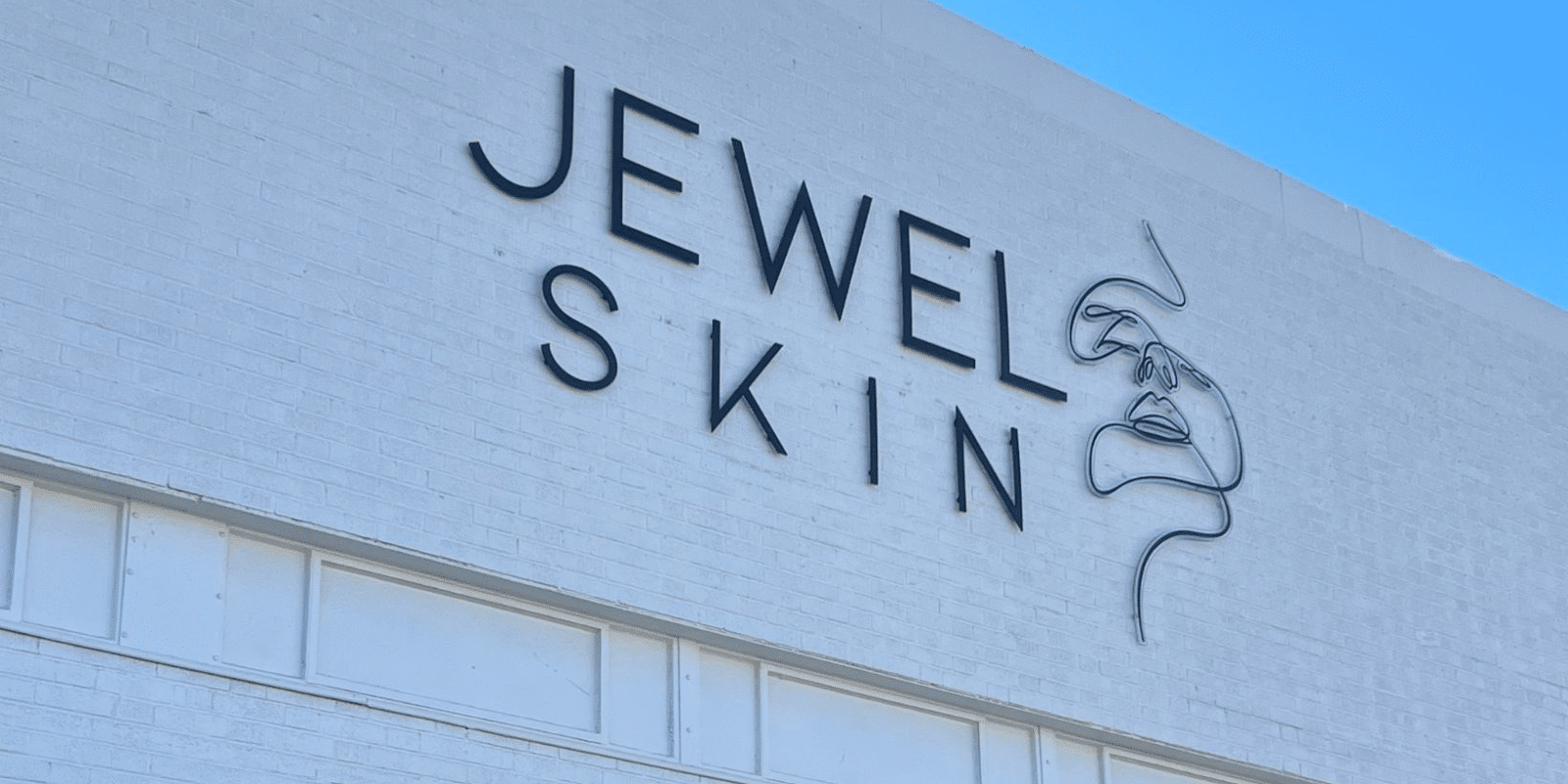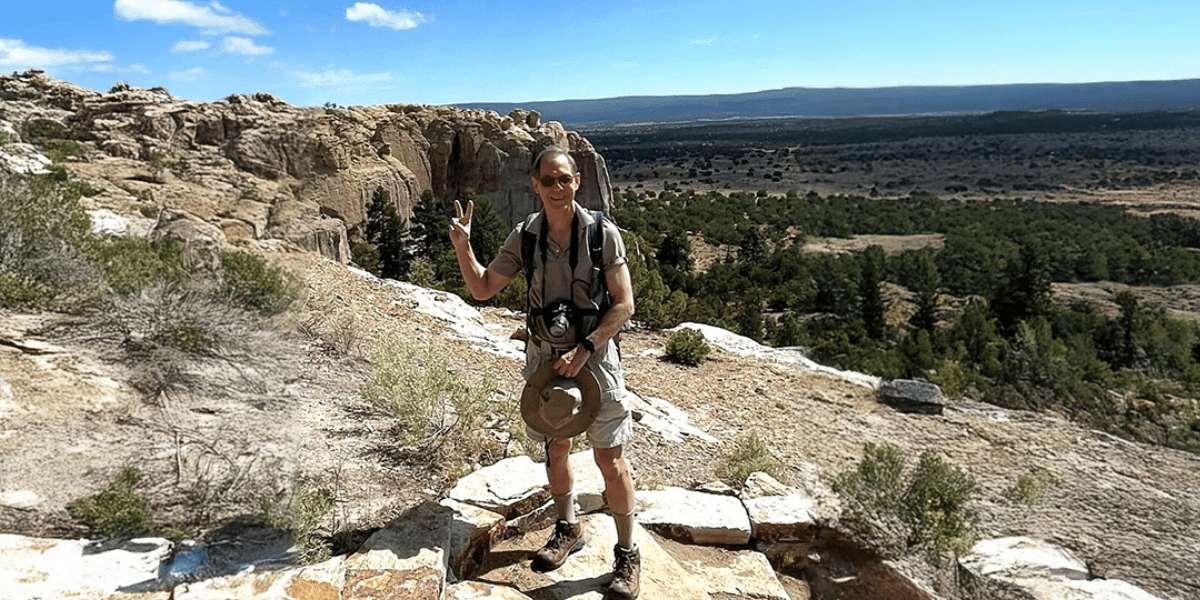When Timofey Shalnev came to New York in 2006, he faced the cold reality many meet when they come to a foreign country. He experienced a significant culture shock. He realized that he didn’t speak the language as well as he believed. Timofey also didn’t have the luxury of technology and the variety of resources we have today.
Timofey received a master’s degree in fine arts from one of Russia’s most prestigious universities. He was also an experienced ballroom dance competitor, but his determination to be successful was arguably his best asset.
“As an immigrant, you have to run the extra mile. You have to try harder,” Timofey explains. “I wanted to succeed, and this country opened its doors and gave me an opportunity. But I didn’t have family or anyone to support me.”
Timofey worked through these setbacks, creating a community for himself and eventually opening his dance studio, the Fred Astaire Dance Studio, in Midtown, New York, in 2014. The new role was demanding, but his work ethic helped him become a savvy businessman.

“As a business owner and entrepreneur, you have to know everything,” he explains. “Besides being a teacher, you must understand how to run a business, pay taxes, and the ins and outs of labor law. I had to learn a lot.”
Eventually, Timofey adjusted to the market and its demands, which were unique to New York. With New Yorkers being as competitive as they are, he found that everyone wants a better wedding venue, catering, and — the first dance.
“I have people throwing weddings on the Brooklyn Bridge, on a rooftop in Hudson Yards, a botanical garden in Brooklyn,” he says. “And it’s the same with the first dance. People have really exciting and interesting ideas, how they can approach it and look different than everyone else and showcase their love and chemistry.”
All of that changed when COVID-19 came. There were so many refund requests, and revenue dropped. The people who worked in the studio, many of whom were immigrants, suddenly had their livelihood and their legal status in the country compromised. “I couldn’t take them off the payroll because if they applied for unemployment, then it’s going to interfere with their green card applications,” explains Timofey. “There were a lot of logical steps to take for consideration. But we survived.”
Timofey’s studio also managed to keep the community they’ve built alive through a mix of Zoom classes and hangouts that were a departure from the gray reality of social isolation.
When things began opening up, the task was to create a safe environment for his students. New cleaning protocols, temperature checks, and vaccination card verifications were put in place. For some people, it wasn’t enough. For others, it was just the thing they needed.
“I think lots of people realized that life is too short. Everything you have can be easily taken away from you, and you should count your blessings,” he explains. “Before the pandemic, people would say they don’t want to start dancing today. They can start in a year. But after the pandemic, they love to experience something new.”
The business eventually picked up so well that Timofey established a second dancing studio in Chelsea in 2021. He said many people left New York indefinitely and shortly after, people from all over the world came to the city in their stead. For Timofey, even at the height of the pandemic, leaving the city was never a choice he’d made.
“I would ask myself, could I move out? I could and then I would feel worse if I were somewhere else,” Timofey concludes. “Many people moved out, but there is a new wave of people. Judging by the process, it shows there is demand for being in New York. And we survived and continued our business.”












